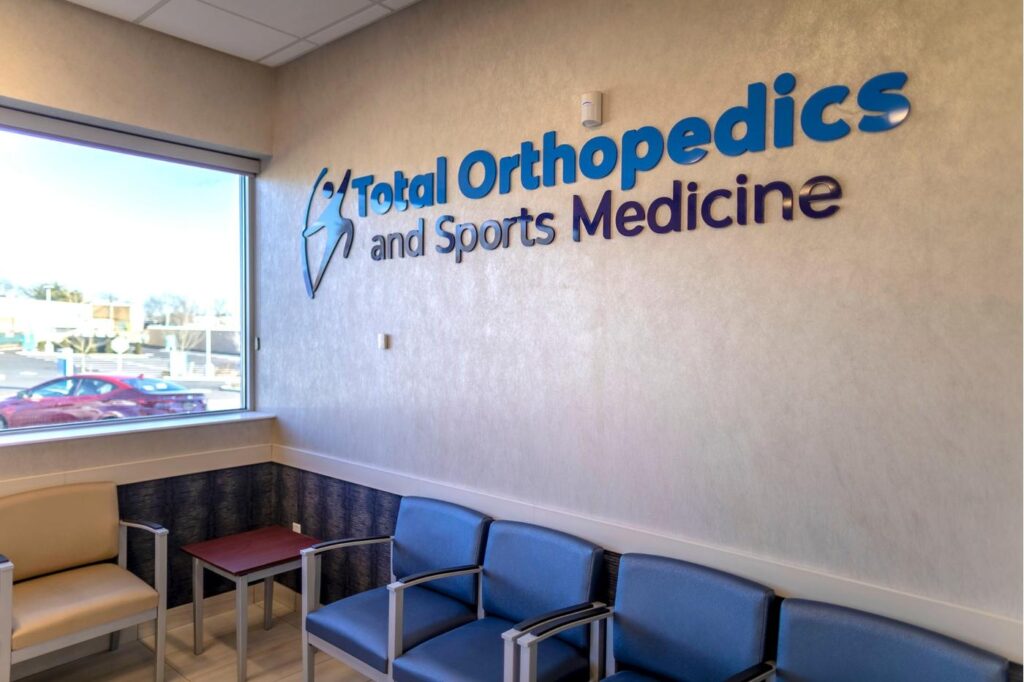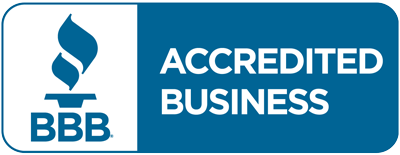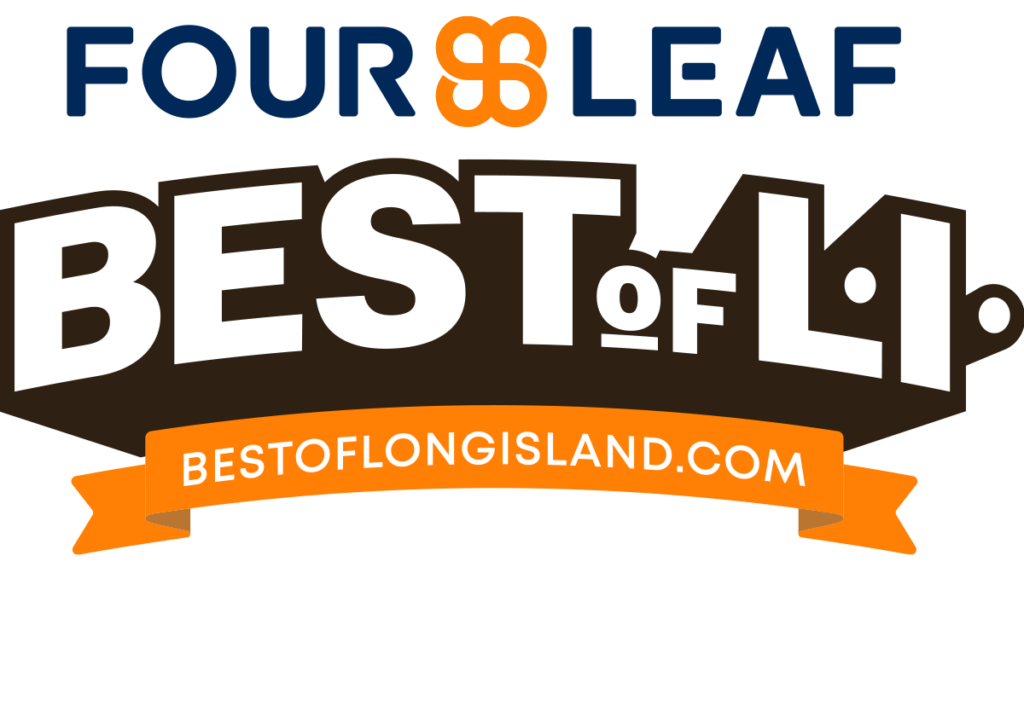Frequently Asked Questions
Need help? Call us today at 855.321.6784 or browse our specialties.
Find answers to some of the most frequently asked questions about Orthopedics and Sports Medicine.

Orthopedic doctors specialize in the diagnosis, treatment, and management of conditions and injuries related to the musculoskeletal system.
Orthopedic physicians treat a wide range of injuries and conditions, including fractures, sprains, strains, osteoarthritis, ligament tears, spinal disorders, sports injuries and more.
You may consider seeing an orthopedic doctor if you experience persistent pain, limited mobility, joint instability, or difficulty performing daily activities.
Yes, Total Orthopedics has experts in subspecialties including sports medicine, pediatric orthopedics, joint replacement surgery, spine surgery, hand surgery, orthopedic trauma, and orthopedic rehabilitation.
Orthopedic surgeons complete a medical degree, followed by a residency program specializing in orthopedic surgery. They may also pursue additional fellowship training in a specific subspecialty. All our surgeons are Board certified which is obtained through successful completion of rigorous examinations.
There are many treatment options for orthopedic injuries. Non-surgical interventions may include medication, physical therapy, immobilization with casts or braces, injections, regenerative medicine. If surgical intervention is needed, they range from arthroscopic procedures to joint replacements or reconstructions.
X-rays and MRI scans are commonly used in orthopedics as they help evaluate the extent of injury and guide treatment decisions.
Our surgeon-based recommendations vary by factors such as the nature and severity of the injury or condition, conservative treatment outcomes, patient’s overall health, lifestyle considerations, and individual goals. The decision is made with the patient, considering their preferences and expectations.
We believe physical therapy is an essential component of the recovery process following joint replacement surgery. It helps restore strength, mobility, and function, and assists in optimizing the long-term outcomes of the procedure.
Total Orthopedics has pain management specialists who work with each patient after surgery. The recovery process may involve a combination of medications, physical therapy exercises, applying ice or heat and/or using assistive devices.
Orthopedics is a broad specialty that focuses on the diagnosis, treatment, and management of conditions and injuries related to the musculoskeletal system. Sports Medicine is a subspecialty within orthopedics that specifically deals with the prevention, treatment, and rehabilitation of sports-related injuries and conditions in athletes and active individuals.
Some of the most common orthopedic injuries include fractures, sprains and strains, tendonitis, ligament tears, dislocations, rotator cuff tears, meniscus tears, and spinal conditions like herniated discs.
Whether or not surgery is needed for a rotator cuff tear depends on various factors, including the size and severity of the tear, the patient’s level of pain and functional limitations, and the response to conservative treatments. In some cases, smaller tears can be managed non-surgically through physical therapy, medication, and lifestyle modifications.
Surgery for a herniated disc is typically considered when conservative treatments such as rest, physical therapy, medication, and epidural injections do not alleviate the symptoms or when there are specific indications such as severe pain, weakness, or progressive neurological deficits. However, the need for surgery will depend on individual circumstances and should be determined by an orthopedic specialist.
Depending on the location, size, and symptoms associated with a meniscus tear, non-surgical treatment options may be explored first. These may include rest, physical therapy, medication, activity modification, and the use of supportive devices like braces.
Some of the most common orthopedic surgeries include joint replacements, arthroscopic, spinal surgeries, fracture repair, rotator cuff repair, and hand or foot surgeries.
Total Orthopedics offers pediatric orthopedic care for children. Pediatric orthopedics is a specialized field that focuses on diagnosing and treating musculoskeletal conditions and injuries in children, from infancy through adolescence.
Physimax is a proprietary computer motion analysis machine, to develop an athlete’s specific rehabilitation program based on their deficits in strength, motion, and biomechanics to help improve overall biomechanical function and decrease injury.
Not always, the Physimax tool is also used in athletes returning to sport after surgery to assess their recovery level so “clearance” for return is made by analysis of real time data and not just an arbitrary timetable.





 Website Design by
Website Design by